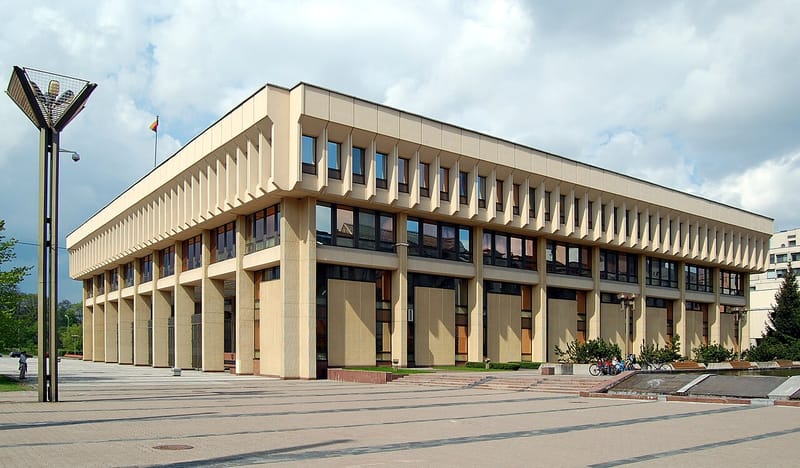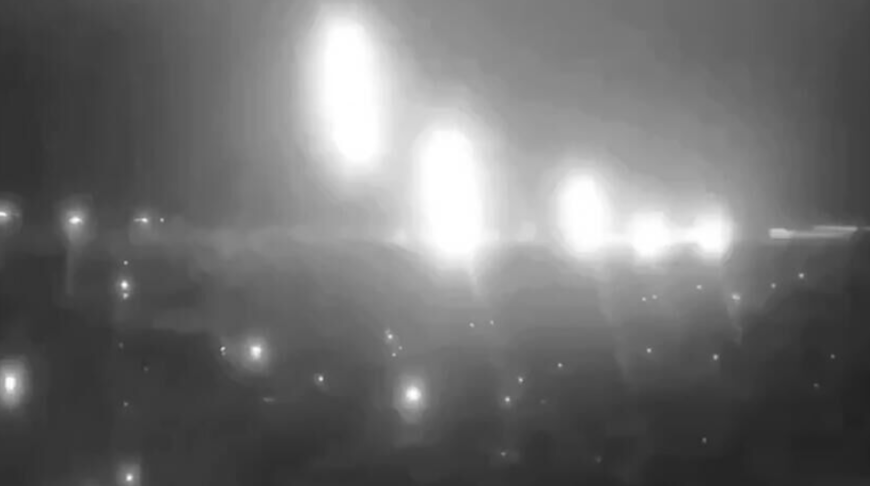Ukrainian Drones Strike Moscow Overnight
Massive drone strikes target Moscow and nearby regions, injuring civilians and grounding flights. Russian drones conduct retaliatory attacks on Ukraine, days after Russia-North Korea defense pact pledges mutual military aid.
A wave of massive drone attacks struck Moscow and nearby regions overnight into Sunday wounding one civilian and leading to short stoppages on air traffic over major Russian airports. Meanwhile, officials reported that Russian drones had launched large-scale night attacks against Ukrainian regions.
The action comes shortly after Russian President Vladimir Putin finalized a defense pact with North Korea. The pact, which was signed Saturday, commits each of the two nations to immediate military assistance for the other in event either is attacked, their closest alignment since Cold War days.
U.S. intel has assessed about 3,000 North Korean troops in Russia; Ukrainian forces report actual contacts with the invaders on their side of the frontier. The upheaval of fear has exacerbated the risk of escalation and entrenching the regional climate.
During the course of the war, Moscow and Kyiv have not provided precise casualty figures. U.K. Chief of Defense Staff Tony Radakin said last month that Russia was suffering its highest monthly casualty rate—1,500 per day on average—in October, and that cumulative losses were close to 700,000. The rise, he said, was due to relentless Russian attacks in the industrial eastern part of Ukraine.
Western support for Ukraine is “unquestionably vital to repel offensive operations in the south and east” as Russian forces have made slow but bloody progress in the Donbas, Radakin also said. However, these costly territorial gains "exactly make or break Russia’s defence spending."
Regarding casting eyes to the future and any shifts in U.S. policy, Kremlin spokesman Dmitry Peskov said there was a "cautiously optimistic" view of President-elect Trump, describing Trump's stated desire to prefer peace by negotiation over adversarial military standoffs—as opposed to the U.S.'s stance at present.
Sources: AP




